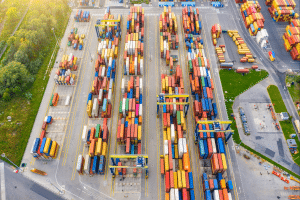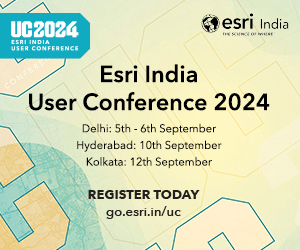The International Crops Research Institute for the Semi-Arid Tropics (ICRISAT) has joined hands with Asian Development Bank (ADB) to make spatial maps for cropland tracing in South Asia.
The high-resolution spatial maps will enable cropland mapping for insurance claims and agriculture-related policy decision-making on targeting Regenerative Agriculture (RA).
Mapping via specialised technology erases the complexity of manual mapping, wherein, ground surveys are carried out physically. The group roams around the field and validates all the pre-determined checkpoints as well as the consequences of flood or drought in the farmland.
However, ICRISAT scientists produced three distinct spatial maps for South Asia with a spatial resolution of 30 m, which is much higher to get finer details of cropland for food and water security assessments. Currently, these factors are evaluated using mainly coarse-resolution (250–1000 m) remote sensing data.

“Agricultural insurance is becoming one of the fastest-growing markets globally. For farmers to cope with crop loss, stabilizing farm incomes through insurance payoffs can help reduce poverty. Spatial mapping is a quicker and efficient tool for guiding agriculture policy makers to minimize climate risks,” said Dr Arvind Kumar, Deputy Director General-Research, ICRISAT,” said Dr ML Jat, Research Program Director, Resilient Farm and Food Systems, ICRISAT.
“In addition to crop insurance, spatial maps can also be used as potential tools to target regenerative agriculture. Crop type mapping can also better guide where and in what systems regenerative agriculture can be deployed,” he added.

“The high spatial resolution data would enable cropland assessment, modelling, mapping, and monitoring for South Asia, which is home to nearly two billion people and 230 million hectares of net cropland area. Subsequently, the data would help generate various development models for accurate monitoring and decision-making for the entire region,” said Murali Krishna Gumma, Principal Scientist and Cluster Leader – Geospatial Sciences and Big Data at ICRISAT.









